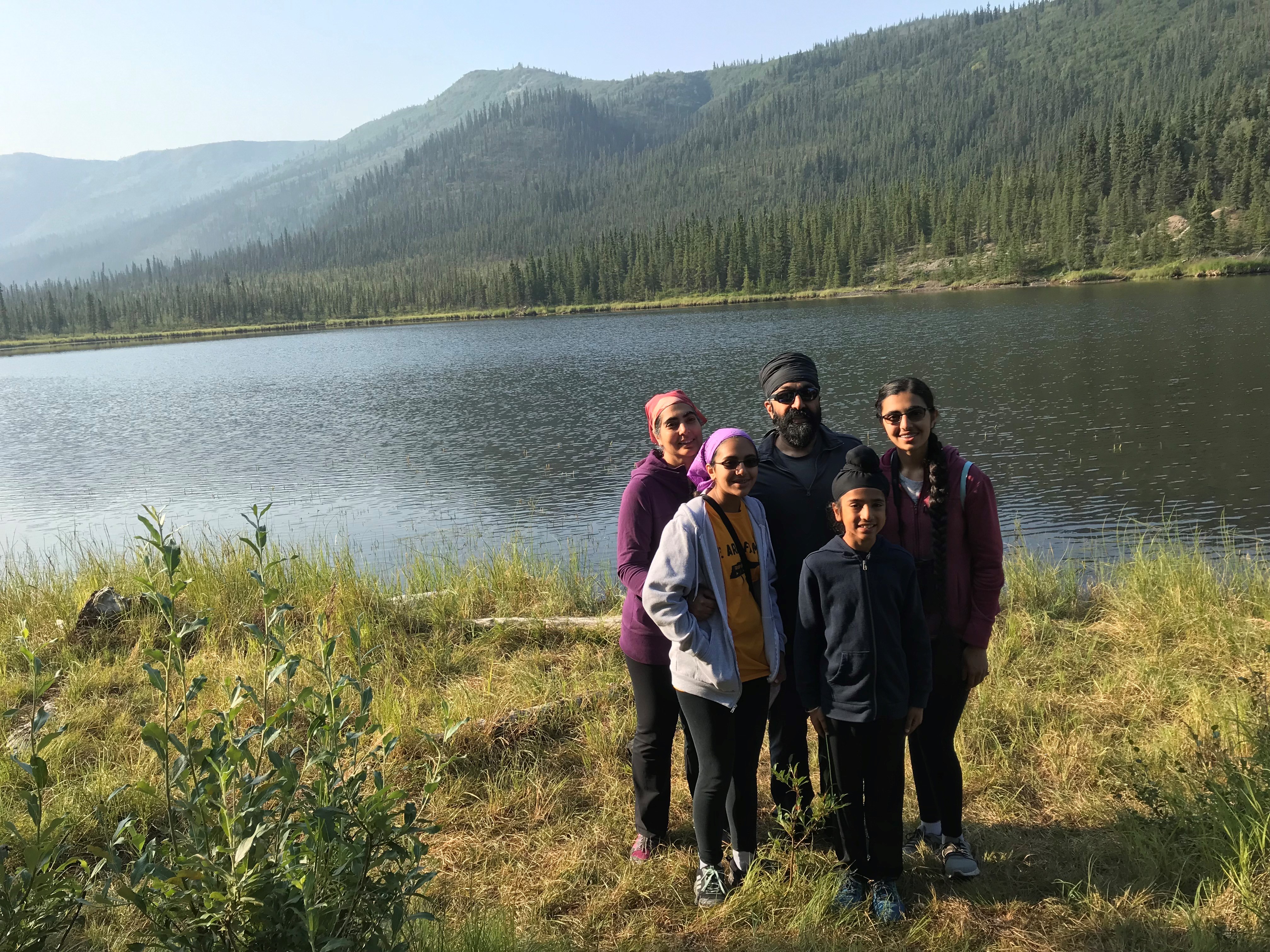
- Your full title as you’d like it to appear.
Jaspal Singh, MD. Chair, ATS Clinicians’ Advisory Committee. Professor of Medicine at Atrium Health and Levine Cancer Institute. Pulmonary, Critical Care and Sleep Medicine.
Twitter: @singh011jaspal
- Three statements about you – two true, one false. (We tease each new Who’s Who with statements about each featured person – two of which are true, one of which is false, all to be revealed in the last answer.)
I once lost my pants during a large on-stage performance.
I have traveled to six of the seven continents.
I grew up with a serious speech impairment.
- Give us your ‘elevator pitch’ biography.
I am a clinician in a large healthcare system (Atrium Health), where I practice and serve as the medical director of Innovation and Quality Improvement in Pulmonary Oncology as well as the medical director of Adult Critical Care Practice and Education. My professional interests involve understanding how health care systems adapt to physician shortages including how to incorporate innovation, technology, and team-based care. In this capacity, I learn a great deal from ATS clinicians and researchers; so many of them understand aspects of these challenges in ways that I may not have otherwise considered. I therefore strive to better adapt my work based on those lessons and interactions.
- What would you tell yourself as an Early Career Professional?
Don’t stress that you are not on the path that others have set for you, nor proceeding at the pace you or others expect of yourself. Stay disciplined, be mindful, commit to constant learning, but also learn to enjoy the journey and the relationships around you. Working alongside members of the ATS, especially with the clinical committees, I feel the camaraderie in this journey in my professional life. As such, I would also tell my early career self to stay involved in professional networks like the ATS, grow alongside others, and enjoy those relationships and experiences.
- If you weren’t in medicine, and were in a different industry altogether, what would you be?
I think I might have also liked to be a civil engineer, designing better systems in which people live. But I worry that I would need to find a way to incorporate a strong social component to such a job, even if that meant a second job or hobby. I’m just not designed to sit behind a computer for several hours a day for days at a time.
- What is your favorite way to spend a day off?
Probably a blend of doing something fun with my kids, such as traveling, hiking, eating out or just relaxing, along with a little personal time carved out to exercise and keep up with my professional interests.
- What areas of medicine are you most excited to see develop?
There are so many advancements in which I’m excited about, from how data analytics will shape our daily lives, to how robotics and precision medicine will affect how health care is delivered. It is also exciting to me that social and behavioral sciences of leadership, behavioral psychology, team-based care and communication are finally being applied to all aspects of health care.
- What is one advancement in your field you’d like to see in your career?
I’d like to see seamless integration of what happens at the bedside to automated documentation, decision-support, real-time data analytics (with active scientific investigation built in), all be the norm of what we have come to expect. Less time charting, more time interacting with patients, while creating direct patient access to scientific advancements. I think all this seems more realizable lately.
- Which statement did you make up?
I have never been to Africa nor to Antarctica, but both are on the bucket list; so, I have only visited 5 of the 7 continents to date. Yes, I did grow up with a very challenging stuttering problem that I had to overcome, and I did in fact lose my pants on stage during a live dance performance during my undergraduate studies at the University of Michigan, much to the dismay of my parents and cousins who were in the audience.



